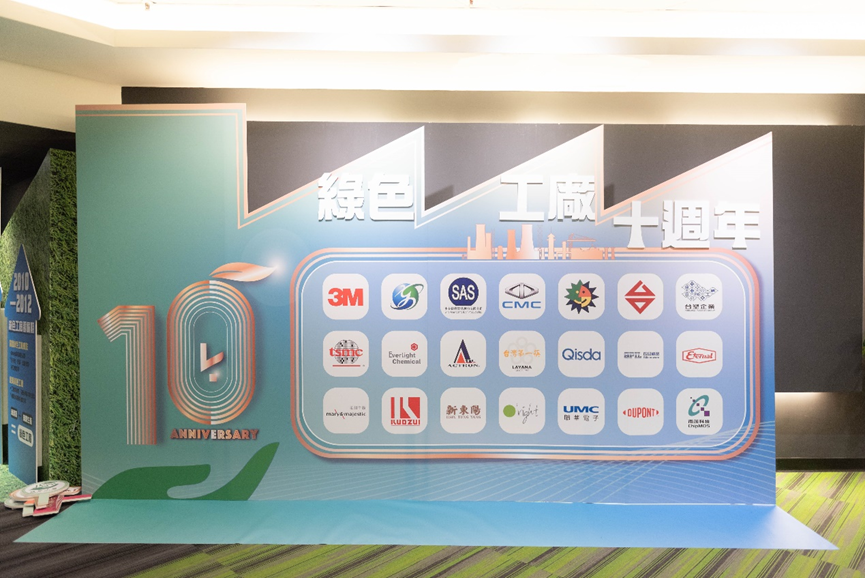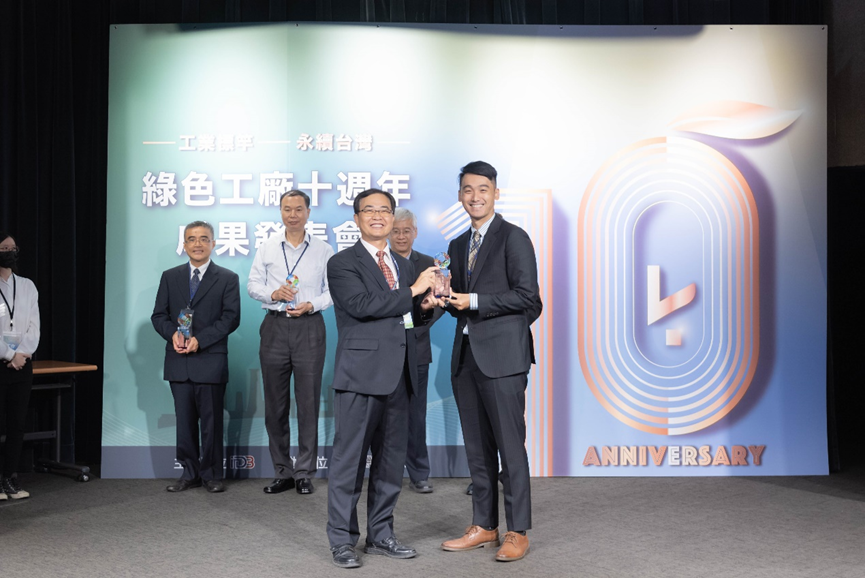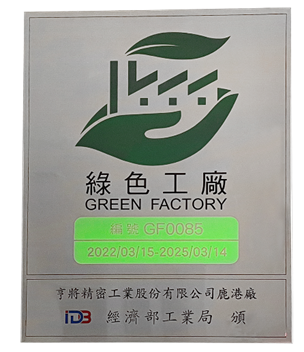 Global corporations around the world are actively promoting ESG sustainable practices.
Global corporations around the world are actively promoting ESG sustainable practices.
Layana Company is also embracing a green dining culture in its cafeteria.
Every day, the employees' meals are designed with numerous environmentally friendly and sustainable elements. Not only are they delicious and healthy, but they also align with the principles of environmental conservation. The menu in Layana Company's employee cafeteria is updated every week, with the added expertise of professional chefs overseeing the kitchen operations. With its modern and vibrant cafeteria design, the dishes served reflect the seasonal and vegetarian options, prepared using only natural ingredients and served with eco-friendly utensils. The entire concept embraces the idea of green sustainability, providing employees with a genuine sense of happiness and well-being. We firmly believe that by starting with the meals provided to our employees, we can contribute to our planet and gradually bring about positive change through the power of food.
In 2021, the 26th United Nations Climate Change Conference (COP26) captured the attention of various sectors. Unlike previous COP meetings that primarily focused on reducing carbon emissions, this year's conference explicitly emphasized the gradual reduction in coal usage and set a pivotal target of "limiting global warming to below 1.5 degrees Celsius". To achieve this goal, proactive climate action through "Net Zero" approaches is crucial. Over 130 countries have already pledged their commitment to achieving "net-zero emissions" before 2050. The Taiwanese government has also committed to incorporating the net-zero target into the existing revision agenda for the Greenhouse Gas Reduction and Management Act, continuously formulating and optimizing related policies.
In order to achieve net-zero emissions by 2050, businesses need to meticulously plan and make gradual adjustments. Established in 1982, Layana Company took a significant step in 2017 when its tableware brand, “Layana cutlery" – also known as “Baoquai Chopsticks" - obtained the Carbon Footprint Label. This accomplishment positioned Layana as the pioneering tableware supplier in Taiwan to achieve a carbon footprint transparency for its products.
In 2018, Layana Company relocated its headquarters to the Changbin Industrial Park in Lukang, Taiwan.
By adhering to the Taiwan EEWH (Ecology, Energy Saving, Waste Reduction, and Health) Green Building Standards and conducting assessments of their green building and clean production systems, Layana Company successfully obtained the prestigious "Green Factory Label" certification (GF0085) from the Industrial Development Bureau of the Ministry of Economic Affairs. This recognition positioned Layana as the pioneer and sole representative of a small and medium-sized enterprise certified as a green factory in the local area.
However, implementing ESG and obtaining the Green Factory Label is just a process, not the ultimate goal.
Layana Company, a precision engineering corporation, envisions its future plans. In the near term, the company aims to obtain carbon footprint certification for its "Layana Cutlery" tableware products, with the application process for portable chopsticks already underway.
I Managing the carbon footprint
Planning to obtain ISO 14064:2018 greenhouse gas measurement and reporting certification
The greenhouse gas inventory is categorized into six categories:
1.Direct greenhouse gas emissions and removals.
2.Indirect greenhouse gas emissions from imported energy.
3.Indirect greenhouse gas emissions from transportation.
4.Indirect greenhouse gas emissions from products used.
5.Indirect greenhouse gas emissions related to the use of products.
6.Indirect greenhouse gas emissions from other sources.
Additionally, there is a plan to obtain ISO 14067 certification for carbon footprint assessment.
The objectives include:
1.Gaining insights into the greenhouse gas emissions and identifying emission hotspots throughout the product lifecycle.
2.Evaluating strategies for reducing greenhouse gas emissions, such as material reduction, substitution, process optimization, and procurement.
3.Establishing benchmark values for measuring and communicating product emission reductions.
4.Comparing product greenhouse gas emissions using a standardized and universally accepted methodology.
5.Providing transparent information for corporate social responsibility reports and promoting accountability.
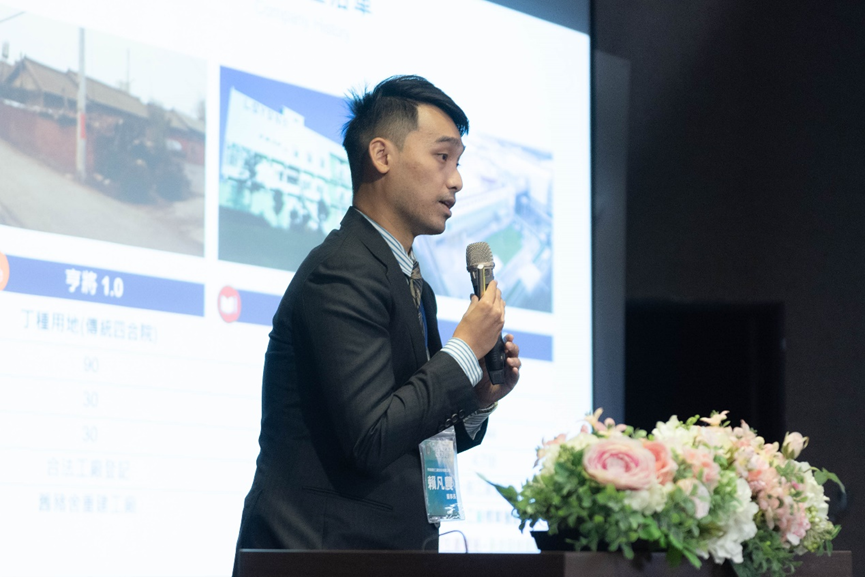
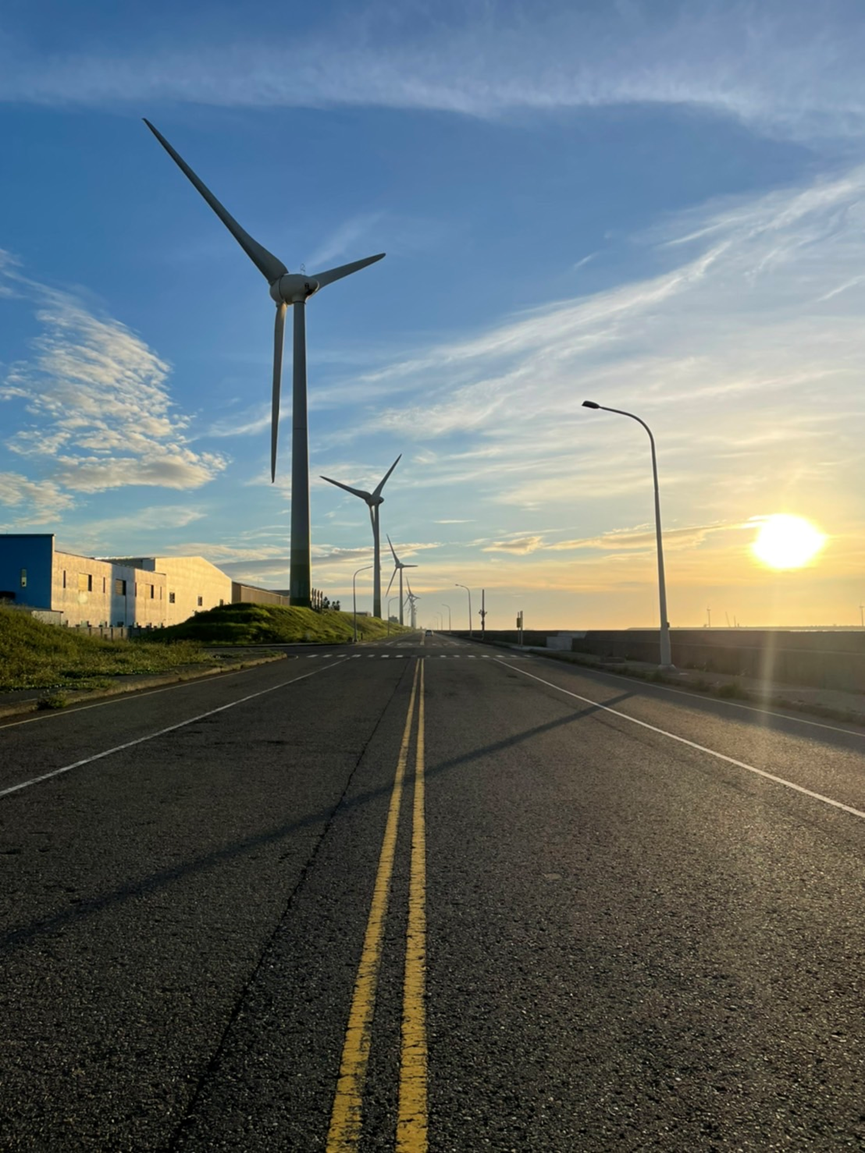 II Carbon Reduction Initiatives
II Carbon Reduction Initiatives
In the medium term, the “Baoquai Chopsticks" products, which have already obtained carbon footprint labels, will undergo carbon reduction adjustments. The objective is to achieve a carbon reduction label by utilizing eco-friendly materials and reducing their usage. Embracing smart manufacturing practices, not only will process production efficiency be enhanced, but also environmentally friendly low-carbon emission materials will be selected. Additionally, the e-commerce platform will introduce electronic receipt management system to minimize paper consumption, while shipping packaging will be made from biodegradable materials that can be easily recycled.
III Development of Renewable Energy Infrastructure
Looking ahead, the ultimate goal is for the “Layana’s Cutlery" products to achieve carbon neutrality. To achieve this, plans are underway to establish renewable energy facilities within the company's premises. According to the definition provided by the United States Environmental Protection Agency (EPA), green power encompasses various renewable energy sources such as solar power, wind power, biomass energy, geothermal energy, biogas, and small-scale hydroelectric power. These sources of energy aim to reduce or nearly eliminate carbon dioxide emissions, utilizing resources derived from the ecological environment that are reusable, thus promoting environmental sustainability and economic development. Specifically, solar power generation and participation in green energy trading and certification programs are part of the proposed measures.
Layana Company, a renowned precision engineering corporation, is committed to enhancing its carbon management capabilities. Following a scientific approach and aligned with global decarbonization goals, the company has set its sights on achieving net-zero emissions by 2027, in accordance with the SBTi reduction targets.
With a rich history of more than 40 years, Layana Company maintains an unwavering commitment to the highest standards of product quality. We approach our work with meticulous attention to detail. Moreover, we are deeply grateful for the Earth's bountiful resources and consider the impact on the natural environment, fulfilling our social responsibility to our planet. As we venture into the realm of ESG (Environmental, Social, and Governance), encompassing both our manufacturing processes and social obligations, we continuously seek to improve and innovate. Driven by the belief that there is always room for growth, we strive for excellence rather than settling for mediocrity. Layana Company is resolutely dedicated to advancing towards a net-zero future in the production of components.